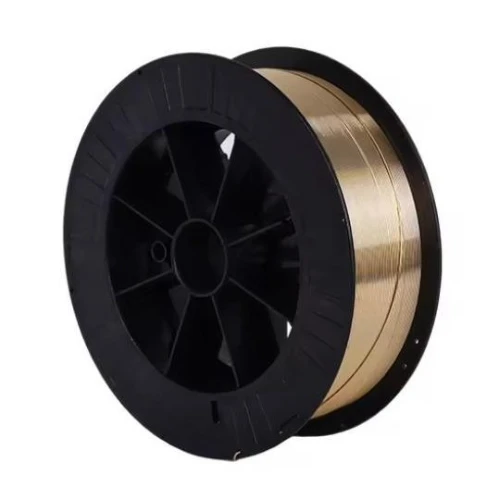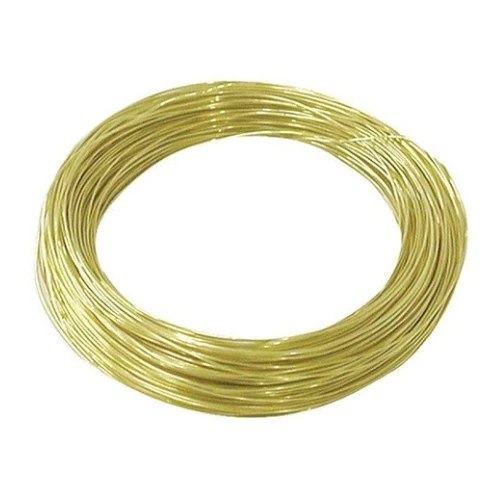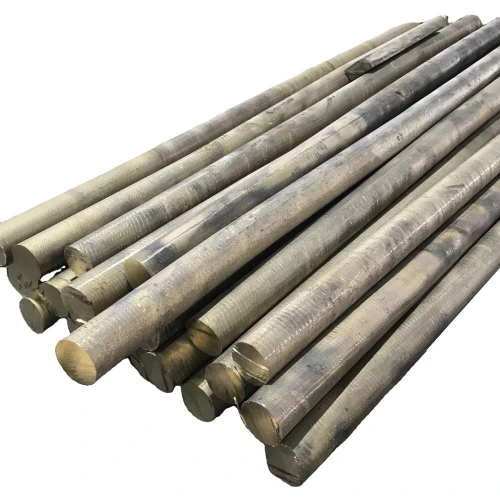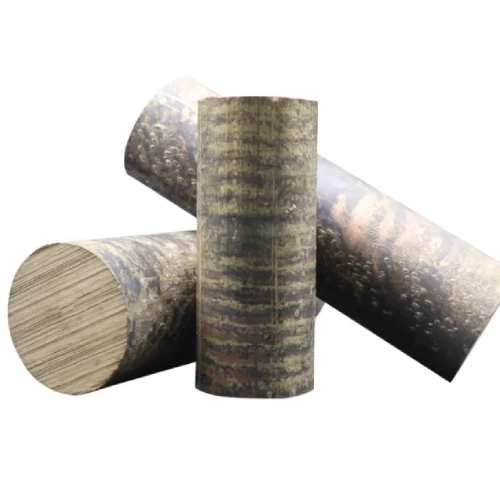C87200 is a copper alloy belonging to the high-silicon bronze family. It's prized for its exceptional
strength, good wear resistance, and outstanding corrosion resistance, particularly in saltwater
environments. Here's a breakdown of its key aspects:
Table: Key Properties of C87200
| Property |
Description |
| Chemical Composition |
- Primarily Copper (Cu): Minimum 89% <br> - Silicon (Si): 3-4.5% <br> - Lead (Pb):
No Lead (Pb-free) <br> - Other (Fe, Zn, etc.): Trace amounts
|
| Mechanical Properties |
- High tensile and yield strength <br> - Good wear resistance <br> - Good
machinability <br> - Excellent corrosion resistance, particularly in saltwater
|
| Common Brands (By Country) |
- Europe: CuSi3 [Europe], CW614 [Europe] <br> - US: High-Silicon Bronze
|
Important Note: The specific brand names might vary depending on the supplier.
Common Questions and Answers:
What are the typical applications of C87200?
C87200 excels in environments demanding exceptional corrosion resistance, making it suitable for various
applications:
Marine applications: Due to its exceptional saltwater corrosion resistance, C87200 is a
popular choice for propellers, shafts, and other marine hardware.
Chemical processing equipment: Tanks, pipes, and other components exposed to harsh
chemicals can benefit from C87200's excellent corrosion resistance.
Heat exchangers: C87200 can be suitable for heat exchangers operating in corrosive
environments.
Welding equipment: Similar to C87300. tips and nozzles for welding torches can be made from
C87200 due to its heat resistance and corrosion resistance.
What are the advantages of C87200 compared to other copper alloys?
C87200 offers several benefits:
Excellent corrosion resistance: Especially in saltwater environments, C87200 excels
compared to many other copper alloys.
High strength and wear resistance: This combination makes C87200 suitable for demanding
applications.
Lead-free: C87200 is environmentally friendly and avoids health hazards associated with
lead during machining.
Are there any limitations to using C87200?
While C87200 offers many advantages, there are a few limitations to consider:
Cost: Compared to some copper alloys (e.g., brasses), C87200 can be slightly more
expensive.
Not ideal for high temperatures: The mechanical properties of C87200 can diminish at very
high temperatures.
Important Note: Always consult with a material engineer or supplier to identify the most
suitable copper alloy for your specific application considering factors like strength, wear resistance,
corrosion resistance, machinability, regulatory compliance (lead content), cost, and operating temperature.



